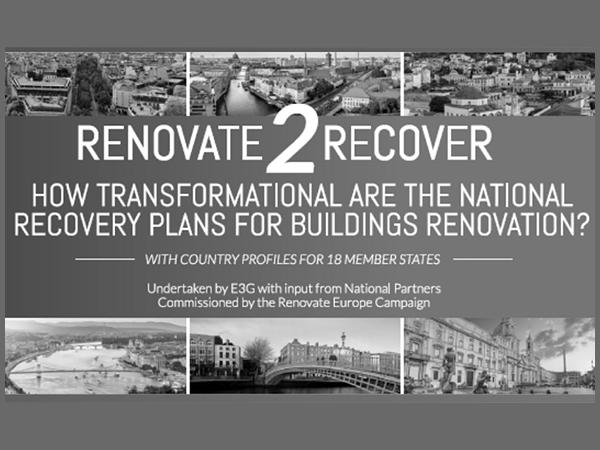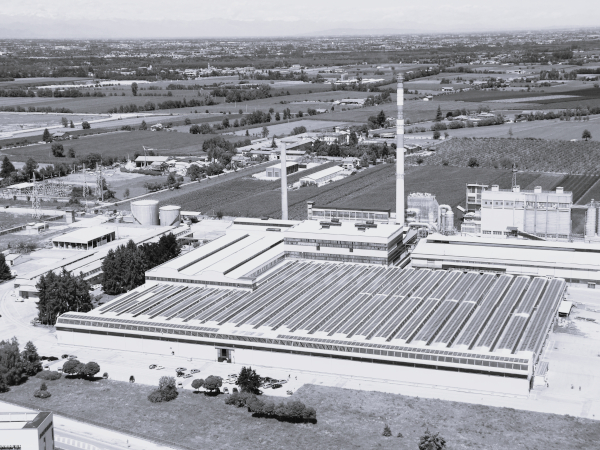
Date: 14 October 2021
Yesterday, during the 2021 edition of REDay, Renovate Europe launched the study Renovate2Recover, a rich analysis of the impact of the National Recovery and Resilience Plans (NRRPs) on building renovation. The research, undertaken by E3G and Renovate Europe’s National Partners, reveals that the share of the Recovery and Resilience Facility (RRF) that Member States assigned to building renovation is insufficient to achieve the EU 2030 objectives and make Europe a climate neutral continent by 2050.
As stated in the press release Renovate Europe issued, among the 18 Member States assessed, the Study found that an average of only 8% is allocated to energy renovation, achieving in most cases only a 30% energy savings, the bare minimum required by the RRF guidelines.
Glass for Europe is an active member of Renovate Europe. As demonstrated in a recent study on high performance glazing co2 and energy savings potential, if all European buildings were equipped with high-performance glazing windows in 2030, over 75 Mtoe would be saved annually. Based on the findings of the Renovate2Recover study, Glass for Europe calls on Member States to take additional measures to support building renovation. We invite authorities to consider support to window replacement to support energy savings in buildings and thus make Europe and its citizens more resilient to surge in energy prices.
To download the Renovate2Recover study and the Country Profiles click here.
 600450
600450








Add new comment